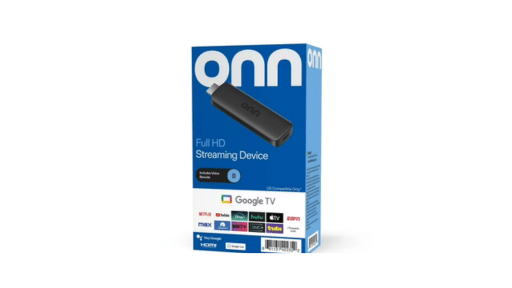
In a shocking move that has again sent tremors through the indie gaming world, Humble Games has executed a sweeping round of layoffs, decimating its workforce and leaving the future of the indie publishing outlet in question. This isn’t just another day in the volatile game industry – it’s a clear signal that even the most respected institutions aren’t immune to market pressures.
Humble Games, the publishing powerhouse behind critically acclaimed titles like “Slay the Spire” and “Unpacking”, has reportedly laid off its entire staff of 36 employees. Thirty-six passionate individuals, dedicated to bringing innovative indie games to the masses, now find themselves seeking new opportunities in an increasingly competitive job market.

Humble Games isn’t shutting its doors entirely. In a move that speaks to the complexities of modern game publishing, the company has committed to supporting ongoing projects. This precarious balancing act raises questions about how a publisher can maintain its commitments with no staff, and what this means for the indie developers who have entrusted their creative visions to Humble Games.
To grasp the significance of this situation, we must consider Humble’s history. Born from the innovative pay-what-you-want model of Humble Bundle in 2010, Humble Games emerged as a publisher in its own right in 2020 with a mission to champion indie developers. They weren’t just another corporate entity – they were a bridge between groundbreaking creativity and a global audience hungry for fresh experiences.

This massive downsizing is a reminder of the competitive nature of the gaming industry. It’s a world where market trends shift rapidly, where today’s indie darling can become tomorrow’s cautionary tale. The layoffs at Humble Games are part of a broader, troubling trend sweeping through the industry.
From AAA studios to indie publishers, companies are grappling with economic pressures, changing consumer habits, and the relentless march of technological progress. The dream of sustainable indie publishing is being tested, forcing us to confront difficult questions about the future of game development.
For the 36 now-former employees of Humble Games, this is more than just an industry trend – it’s a personal challenge. Emilee Kieffer, a former lead QA analyst, voiced her disappointment on LinkedIn, her words echoing the frustrations of countless industry professionals facing similar upheavals. These are real people with real lives, dreams, and responsibilities.

Yet, amidst this turmoil, Humble Bundle, the charity-focused storefront that started it all, continues to operate unaffected. It’s a testament to the enduring power of their original vision – a reminder that even in difficult times, there’s still room for innovation and generosity in the gaming world.
As we stand at this crossroads, the future of indie game publishing could hang in the balance. Will other companies step up to fill the void left by Humble Games’ downsizing? How will this affect the diverse ecosystem of indie game development that has flourished in recent years? And, perhaps most importantly, how can we ensure that the creative voices that have made indie gaming so vibrant continue to be heard?
In this moment of uncertainty, one thing is clear: the game industry must evolve or risk losing the very spark of creativity that has driven it forward. The story of Humble Games is far from over, but this chapter serves as a stark reminder of the challenges that lie ahead. As we navigate these turbulent waters, we must consider what kind of gaming industry we want to build, and at what cost.









